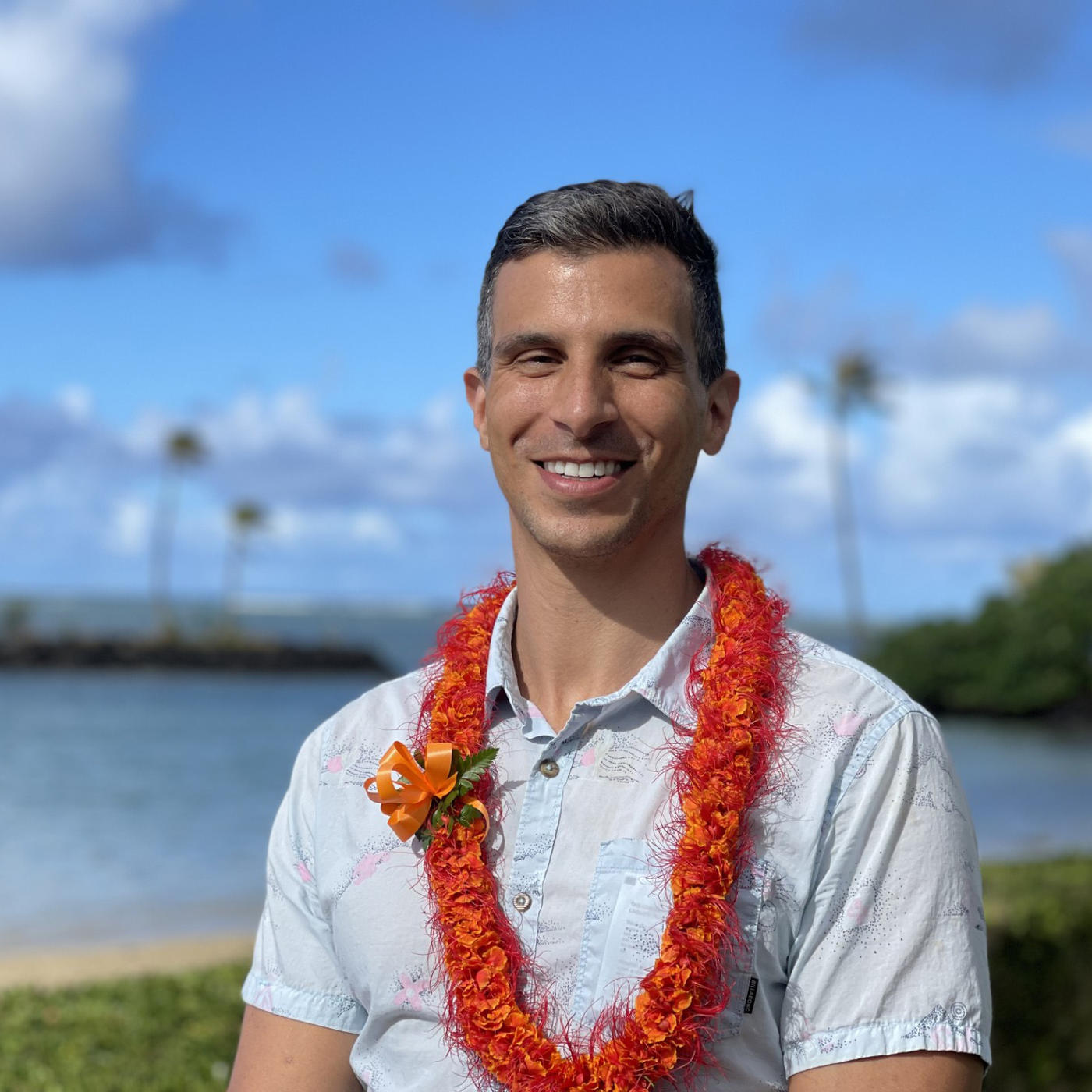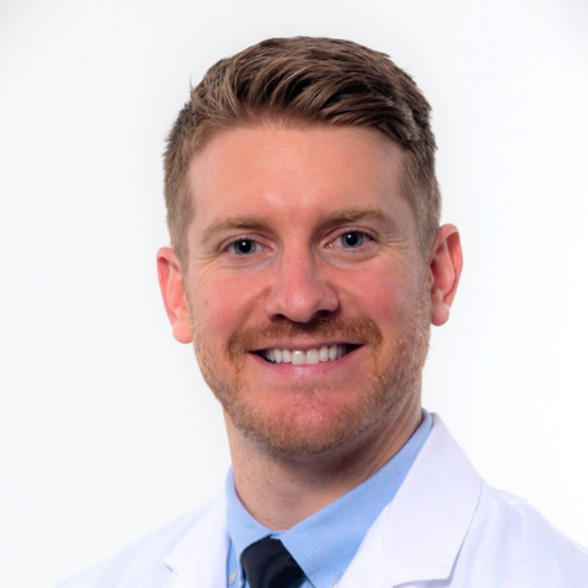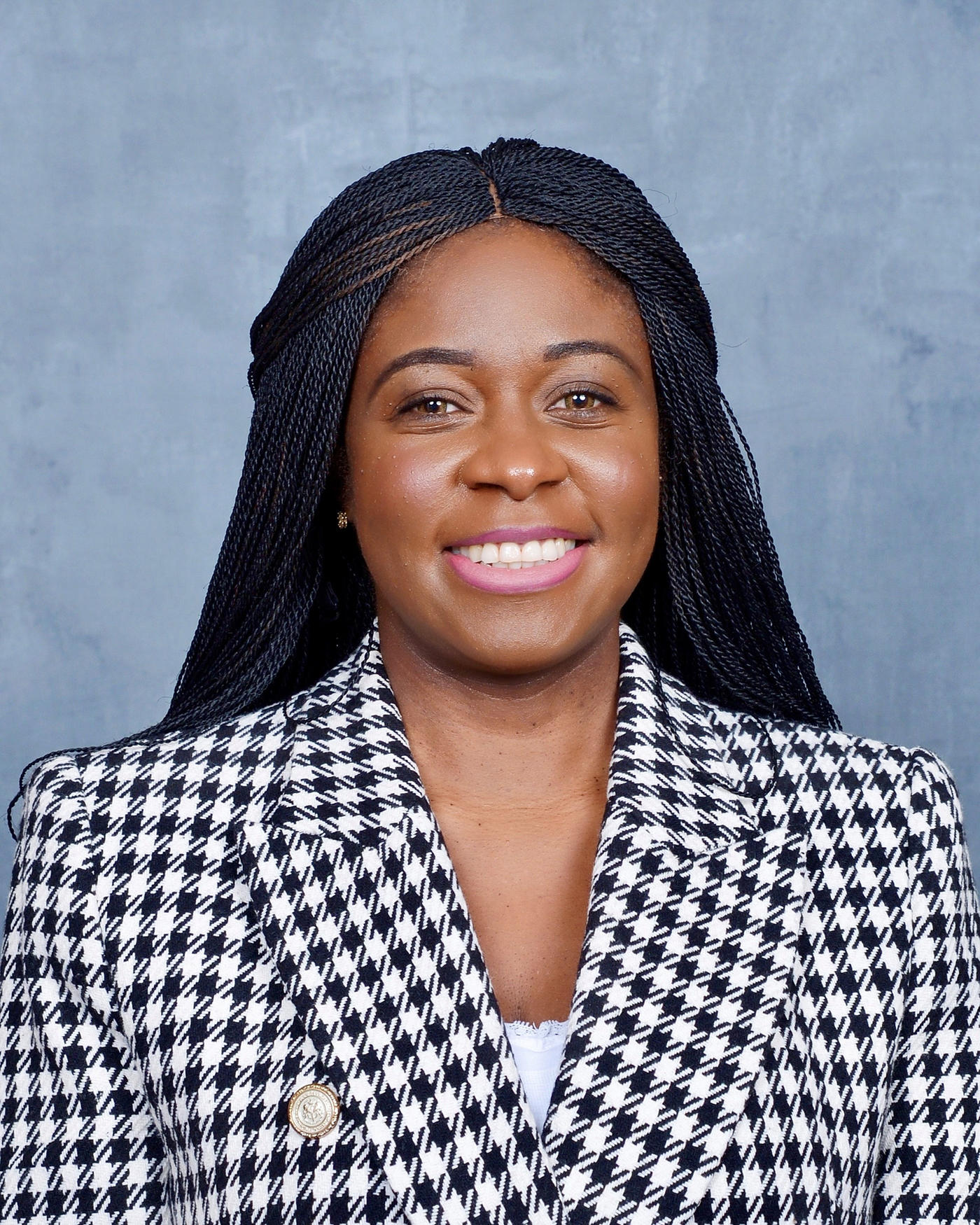Some physicians schedule 15-minute appointments with their patients. Others, half an hour. Marcus Zebrower has less than a minute.
“As an anesthesiologist, I have about 20 seconds when I first meet a patient to earn their trust and make sure they get through their surgical procedure safely,” says Dr. Zebrower, an AUC alum (Class of 1999).
Suffice it to say—that’s no easy feat.
We caught up with Dr. Zebrower to hear more about his role and how AUC helped him develop the critical skills needed to achieve success.
CURRENT POSITION: “I’m an anesthesiologist at Hahnemann University Hospital, a Level I trauma center in Philadelphia. I'm also the Vice Chairman for Clinical Affairs for the Department of Anesthesiology and Perioperative Medicine. So I run our operating room schedule on a daily basis for about 22 anesthesiologists. In addition, we have about 30 anesthesia residents and about 25 nurse anesthetists, so I'm responsible for managing them and making sure our patients get excellent care.
I’ve been in the Vice-Chairman role for about the past 10 years or so. Before that, I focused on obstetric anesthesia and I used to run our obstetric anesthesia service.”
WHY ANESTHESIOLOGY: “During my third-year clerkships, I was in my surgery rotation in the U.K., but I didn’t find surgery especially interesting. Instead, I spent a lot of time with the anesthesiologist and I felt very comfortable with that aspect. I like to take care of patients, but I like to do a lot of critical care items, and I like to work with my hands. I have to get the patients' trust quickly and make sure that they wake up pain-free. It was a nice combination of all the things I like to do.”
ON THE U.K. CLINICAL EXPERIENCE: “I spent most of my third year at Kingston Hospital in the United Kingdom and then spent my fourth year in Cleveland and New York. I learned so much in the U.K.—a lot of clinical skills. In the U.S. I feel the focus was on doing lots of tests, whereas in the U.K. it was more listening to patients and taking their histories, which often is more important. You sit down with the patient, put the stethoscope on their heart, feel their pulse. There’s a lot of emphasis on that.
As a result, when I came to the U.S., my clinical skills were a bit higher than my colleagues’ because I had gotten a lot more hands-on experience—examining patients instead of interpreting tests from the lab.”
STAYING AHEAD OF THE GAME: “One of the reasons I wanted to work at a university hospital is that I always want to be the best. I want to be in an environment where learning is constant. We have residents, medical students, and paramedic students in our department each year, so I’m always in the role of teacher, but I have to keep learning myself in order to teach the new material. The worst thing would be to come in the morning and one of my residents says to me, ‘Oh, did you read the such-and-such article?’ and have no idea what they’re talking about.
So when the new journals come out, I’m the first one to get it out of the mailbox and read it over dinner. I’m always trying to stay ahead of the game—trying to be the teacher and not be out-taught by the students or residents.”
FROM POLI SCI TO PATIENT CARE: “I didn’t become interested in medicine until later in my college career. During high school, I always thought I wanted to go to law school. I watched all the shows like L.A. Law, and I was on the debate team and the mock trial team. So I went to Binghamton University and started on the political science track.
Then, there was a girl I liked who was joining the ambulance squad. So I said, “Well, this is a great opportunity to get to know her a little better. Let me join the ambulance squad.” So I joined Harper’s Ferry, the ambulance squad at Binghamton University, and that was my first exposure to medicine. I became the emergency medical technician, and more and more I realized this was my calling.
My political science advisor got a little upset the day I told him I wasn’t going to graduate school—I was going to medical school. And that’s kind of where it all began. If I didn’t join the ambulance squad, I might be a lawyer today.”
THE DECIDING FACTOR: “I applied to several U.S. medical schools and was waitlisted, and I really didn’t want to wait. I wanted to have a seamless transition and get my life started. And actually, one of my friends had gone to AUC. She was the person I got most of my information from. She told me how friendly everyone was, and how motivated the professors were to help you get through the program and the availability of clinical sites. The pass rate on the USMLE® Step 1 and residency appointment outcomes were very encouraging. I wanted to get from point A to B to C in a certain amount of time, and AUC had the means to get me there.”
I definitely made the right choice. Everyone was so helpful and accommodating, the professors were great, and I retained a lot of information that's really helped me through my career. At AUC, I was able to figure out what learning style worked best for me and I still use those techniques today.”
A LIFE-CHANGING EXPERIENCE: “When I think about my AUC experience, I think about how it's gotten me where I am today and how it's shaped the physician that I am. I got my first choice for residency, I got the job I wanted, and I'm doing what I love. I was given all the tools early on to achieve what I do today.”
ADVICE FOR MEDICAL STUDENTS: “The ‘traditional medical student’ concept doesn’t really exist anymore. I work in a university institution and we see all different types of medical students. So my advice is to not worry about whether you’re a nontraditional student or not, but to just do what you love. You have to wake up every morning being happy with the choices you've made. If you're not happy with what you're doing every day, living your life can be very difficult. So do what you enjoy, study hard and the sky is the limit.”




